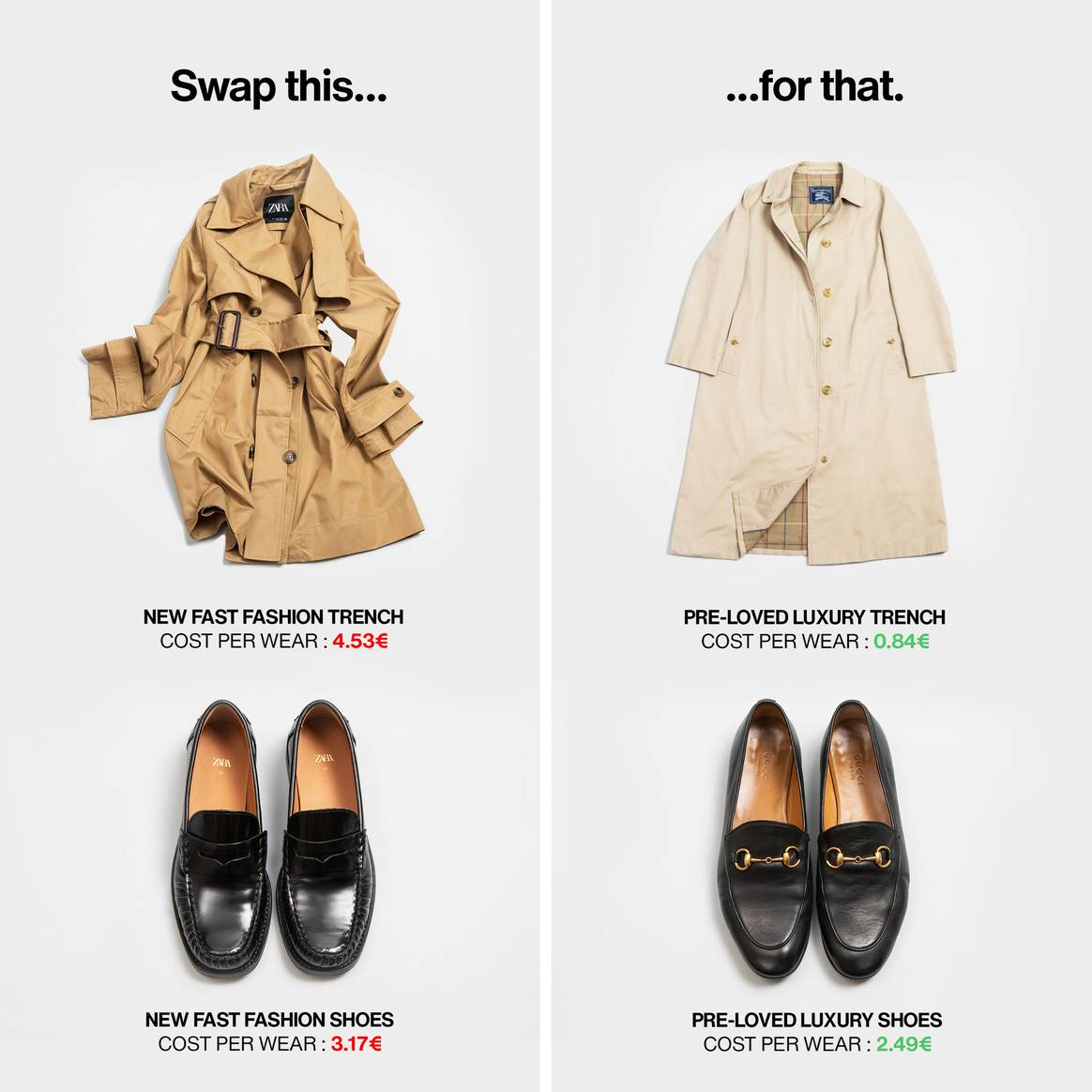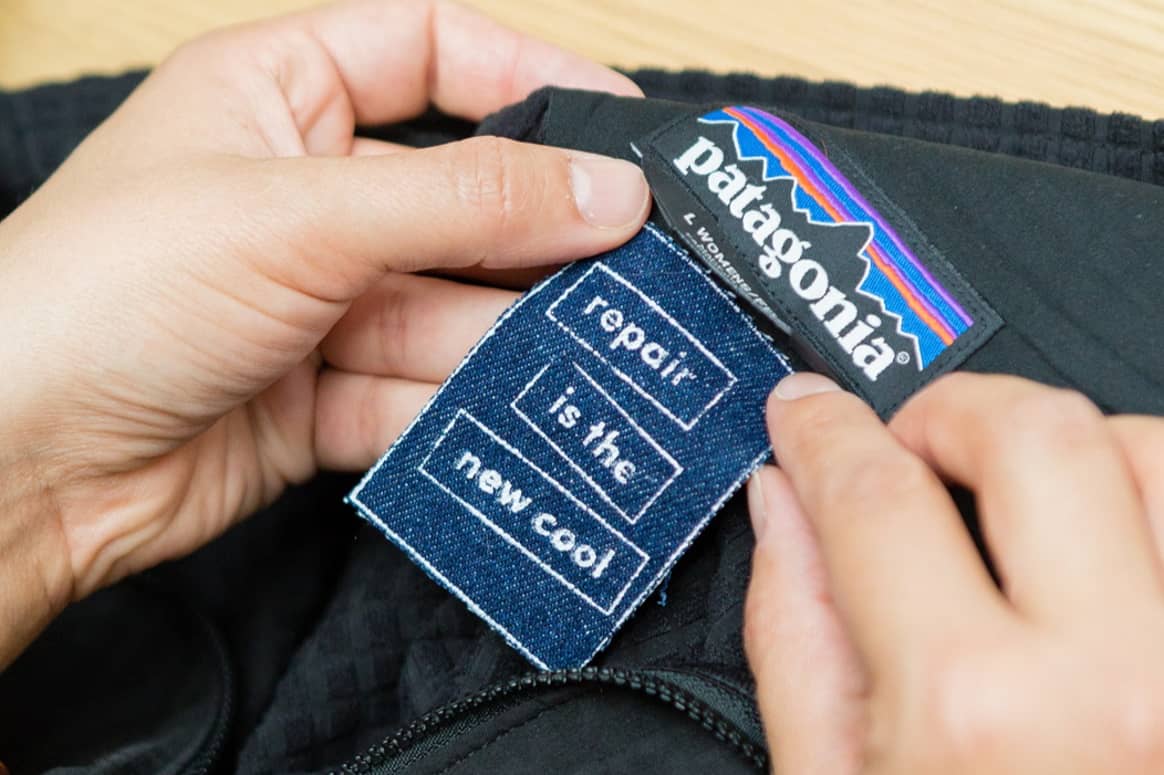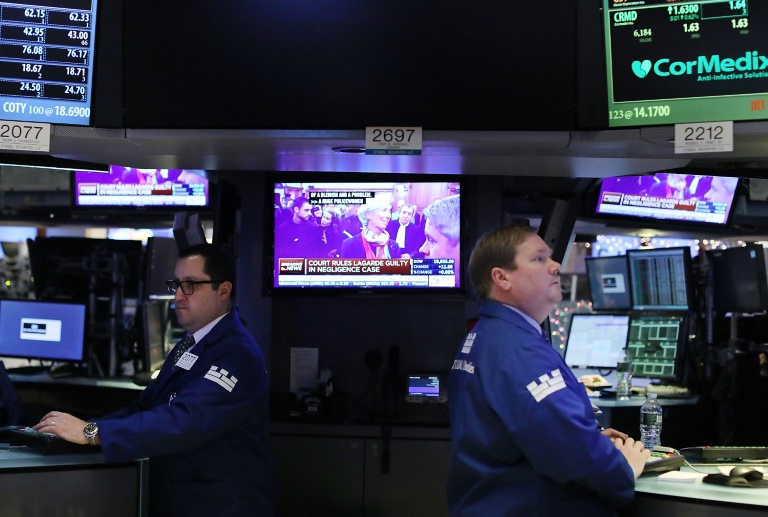A recent report looks at the chances and challenges of a circular textile industry in the Netherlands, thus providing interesting input for other countries as well. The report titled ‘Towards a Dutch Circular Textile Industry’ was published by Invest-NL, an investment company that finances sustainable and innovative projects. While a circular textile industry in the Netherlands has great potential, it requires targeted action from companies, policymakers and investors, is the conclusion.
Opportunities for economic value
Circular business models with efforts such as rental, repair and resale of clothing could generate more than 50 million euros annually, if scaled up. Innovations in recycling and sorting technologies also seem promising. So while the economic opportunities are great, currently, a circular economy is still in its infancy. The report offers concrete recommendations to accelerate the transition to a circular textile chain and create financial viability.
Recommendations for the way ahead
A key recommendation from the report is to introduce policy measures that reflect the human and environmental impact of new materials in the price of a product, called True Pricing. Clothing produced responsibly would thus become cheaper and fashion that exploits people and/or harms the environment more expensive.
In this way, more sustainable garments also become more attractive to consumers, who are mainly driven by price and convenience, the report explains. Moreover, consumers often lack knowledge about making sustainable choices and are influenced by fast fashion marketing campaigns, which promote fast, cheap fashion.
For the same reason, it also recommends reducing VAT on second-hand clothes.
Another key recommendation is to encourage collaboration between startups that support circularity and major fashion brands. According to InvestNL, there is still too little collaboration at the moment, which has led to the decline of sustainable materials. Recycled materials, for instance, are often more expensive than virgin materials and perceived as being of lower quality. This keeps demand low, hindering investment in upgrading and scaling up. The report describes this as a ‘chicken and egg’ situation: without sufficient demand for recycled raw materials, production remains limited, but without economies of scale, it is difficult to reduce costs and improve quality.
Finally, InvestNL also calls for national coordination to accelerate the transition to a circular textile industry. The organisation stresses that there is a lack of national steering, leaving initiatives fragmented and key stakeholders out of the picture. Setting up a national policy or central steering committee would help to better align different initiatives, set clear goals and foster cooperation between companies, investors and policymakers.
Only by working together and setting clear long-term goals can we drastically reduce the environmental impact of the fashion industry while creating economic value, concludes the report. The entire report is available for free download on the Invest.co.uk website.






Parts of this article text were generated with an artificial intelligence (AI) tool and then edited.
This article was originally published on FashionUnited.nl. Parts of it were translated using an AI tool and then edited by Simone Preuss.







